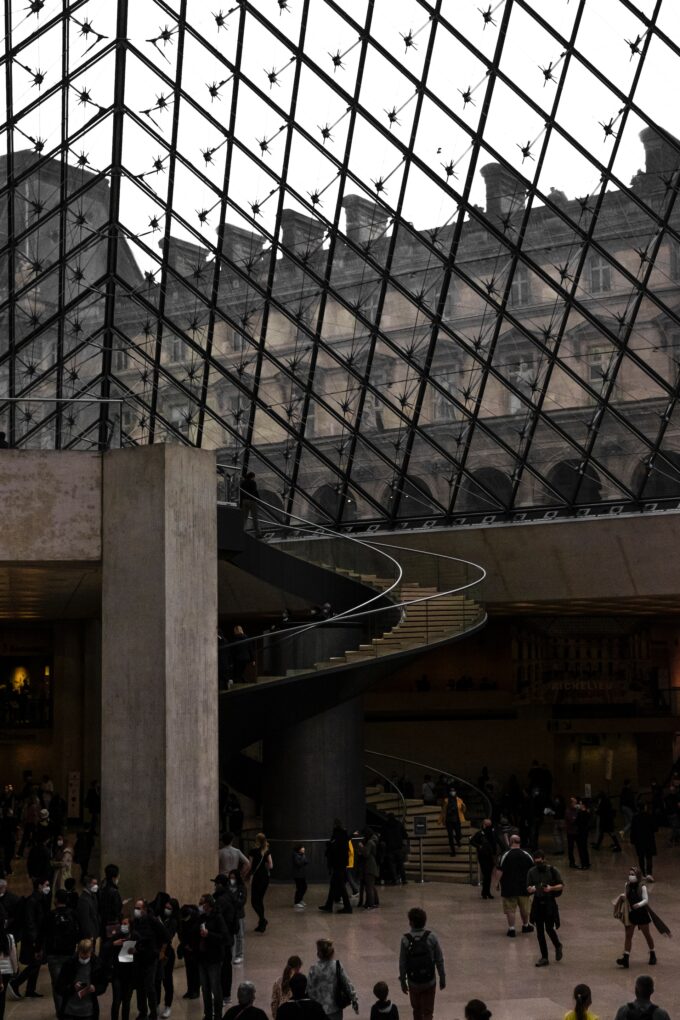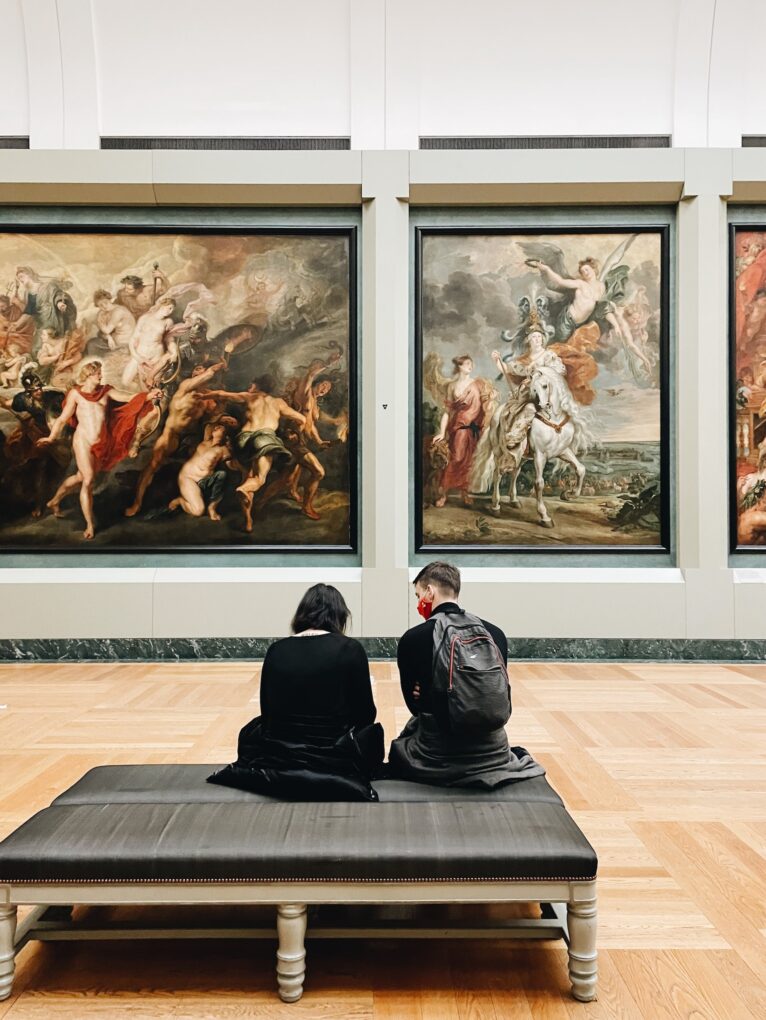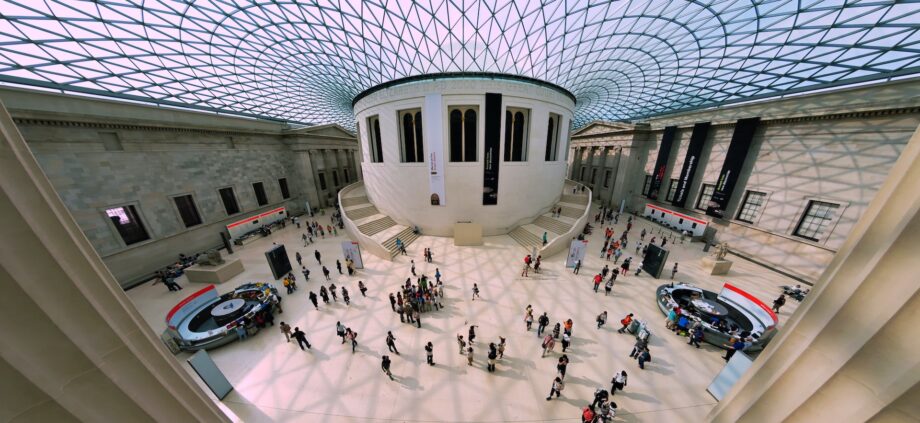Affiliate events offer a fantastic opportunity to broaden the horizons of a museum by bringing new perspectives and diverse audiences. San Francisco, with its diverse cultural heritage and booming arts scene, offers an ideal location for organizing such events. However, the process of organizing an affiliate event can be a daunting task that requires a great deal of planning, research, and communication. Here are some rare words that can help you navigate this process and ensure a successful event.
Preliminary Planning: The first step in organizing an affiliate marketing event is to lay the groundwork. This stage involves identifying the goals, objectives, and scope of the event. The event’s purpose may range from introducing new collections to attracting new audiences to expanding existing outreach programs. The objectives may include securing funding, identifying partners, and creating a timeline. The scope should be outlined in detail, including the number of attendees, duration, location, and theme.

Budgeting and Financing: Once the preliminary planning is completed, the next step is to establish a budget. The budget should include all expenses, including venue rentals, catering, transportation, promotional materials, and personnel costs. Financing options may include sponsorships, grants, donations, and ticket sales. The budget should be realistic and based on past experiences, industry benchmarks, and financial projections.
Venue Selection: The choice of venue can make or break an affiliate event. San Francisco offers an array of museums with unique architectural styles and cultural themes. The venue should align with the event’s goals, audience, and theme. The San Francisco Museum of Modern Art, for example, provides an ideal setting for contemporary art exhibitions, while the de Young Museum features collections of American art and artifacts. The California Palace of the Legion of Honor, on the other hand, showcases European art and ancient Mediterranean artifacts.
Partner Selection: Partner selection is a critical aspect of organizing an affiliate event. Partners can include corporate sponsors, community organizations, local businesses, and other museums. The partners should share the event’s objectives and have a vested interest in its success. They should also bring complementary expertise, resources, and networks to the table. The partner selection process should involve research, negotiations, and written agreements.
Promotion and Marketing: Promotion and marketing are essential to ensure maximum attendance and engagement. The promotion strategy should target the event’s target audience and use multiple channels, such as social media, email marketing, print ads, and media outreach. The messaging should be consistent, clear, and appealing. The marketing team should also create a branding strategy, such as logos, taglines, and color schemes, that aligns with the event’s theme.
Logistics and Operations: The logistics and operations of an affiliate event are crucial to its success. The logistics include transportation, accommodations, catering, security, and staffing. The operations involve coordinating the set-up, signage, registration, seating, audio-visual equipment, and the post-event clean-up. The logistics and operations team should be well-coordinated, communicate effectively, and have contingency plans in place.

Evaluation and Feedback: The final step in organizing an affiliate event is evaluation and feedback. The evaluation should measure the event’s success against its goals and objectives. The feedback should be solicited from attendees, partners, and stakeholders through surveys, focus groups, and social media. The evaluation and feedback should inform future events and provide lessons learned for improvement.
In conclusion, organizing an affiliate event at a museum in San Francisco can be a rewarding and enriching experience. However, it requires meticulous planning, execution, and evaluation. The rare words outlined above can help you navigate the process and ensure a successful event. Remember to always communicate effectively, seek expert advice, and be open to feedback.
